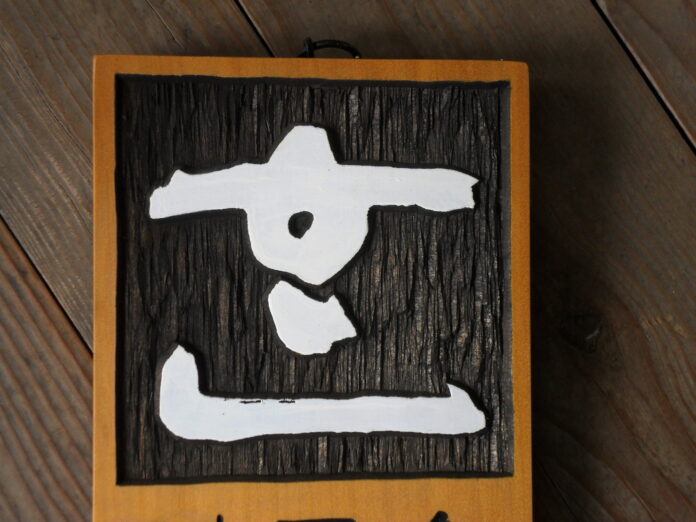David Park, Founder of South Baylo University
“How did you start an acupuncture school? You do not have any relationship with acupuncture or Eastern medicine.”
This is the question most people have asked me since I have founded South Baylo University-School of Acupuncture and Oriental Medicine in 1977. I was majoring in Economics and I have taught economics at Universities for more than 30 years.
Maybe it was my father’s influence. Since I was very young, my father taught traditional Korean philosophy. This is why I studied Korean philosophy for more than 10 years.
One traditional Korean philosophy, also called Han philosophy(Hanism), is based on humanitarianism(弘益人間) and governing nation with reason(在世理化). Humanitarianism seeks the common good. Governing nation with reason is not just limited to a virtue of a leader but it can be applied to anyone.
In one of the Traditional Korean Medicine(TKM) bibles, Donguibogam(東醫寶鑑), the treasured mirror of eastern medicine, stresses upon the humanitarian aspects of the practitioner” Also the Donguibogam asks practitioners to have sympathy and empathy to understand their patient’s agony.
Therefore, I decided to establish South Baylo University and Han philosophy Institute in order to educate not only acupuncture and herbal medicine, but also to teach traditional Korean philosophy. In the future, I hope acupuncturists will have more prominent roles as healthcare professionals and health consultants to educate proper diet, meditation, and preventive medicine. To achieve my goal, South Baylo University aims to teach more diet, meditation and preventive medicine.
∙Hanism?
Turning to the East has been primarily to India, to China, and to Japan. Korea has been seen as a satellite of a Chinese culture which in some respects attained its fullest development in Japan. Even Koreans were forced for some time to accept this pejorative account of their tradition and culture, and this may account in part for their enthusiastic and successful adoption of Western ideas and religion.
But fresh historical research is leading to a quite different picture. Far from being a satellite of Chinese culture, Korea is the heir of the earliest form of that culture and has preserved and developed it with peculiar richness. Much of what has been appreciated in Chinese thought has its fullest and purest embodiment in the culture and heritage of Korea. – John B. Cobb (『Hanism as Korean Mind: Interpretation of Han Philosophy』 1984)









































